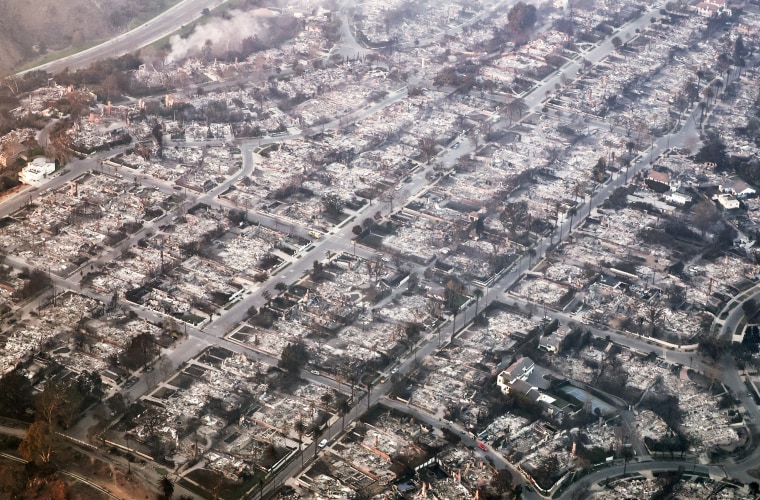Compensation Policy for Fire-Damaged Homes in the U.S.: The Latest Updates
A house fire is one of the most devastating events a family can face, causing not only property loss but also significant impacts on health and mental well-being. Protecting property through homeowners’ insurance is one of the most common ways to mitigate risk for homeowners.
However, once a fire occurs, the next crucial issue is the compensation policy of insurance companies, as well as financial assistance from the government. Along with the development of insurance regulations and post-disaster assistance measures, fire damage compensation policies in the U.S. have seen significant improvements, providing practical support for affected individuals.

Most homeowners’ insurance policies in the U.S. include coverage for damage caused by fire. However, the level of coverage and the amount of compensation may vary depending on the specific insurance plan and policy conditions. When a fire occurs, insurance companies will assess the damage and determine the compensation amounts based on factors such as the value of the property damaged, the cost of repairs or replacement, and the actual value of the home after the damage.
One of the most significant forms of compensation is for property damage. When a house is damaged by fire, the insurance will pay for the damage to the structure of the house, such as walls, roofs, windows, and other structural components.
However, the compensation amount will depend on the extent of the damage and the remaining value of the property after the fire. Typically, insurance will pay based on the replacement cost, which is the amount needed to repair or rebuild the house to its condition before the fire, or the actual cash value, which is the value of the house after depreciation.

In addition to compensating for structural damage, insurance may also cover damaged personal property. This includes items such as appliances, furniture, electronics, clothing, and other personal belongings. However, not all types of property are covered under every insurance policy. Homeowners need to review the terms of their policies to ensure that all their important belongings are adequately protected. Insurance companies typically require homeowners to provide a list of damaged items along with receipts or proof of value for them.
Beyond compensation for property damage, another cost that insurance may cover is temporary living expenses. If the house is rendered uninhabitable due to the fire, insurance will help cover the cost of alternative living arrangements, such as renting a temporary home or staying in a hotel. This helps alleviate the financial burden on the family while they wait for repairs or reconstruction of their home.
Another important aspect is the assessment and claims process following a fire. Insurance companies typically send an adjuster to evaluate the damage and determine the compensation amount. This process can take several weeks or even months, depending on the complexity of the fire and other factors. In some cases, if homeowners are dissatisfied with the assessment, they may request a re-evaluation or even file a lawsuit against the insurance company if they believe their rights have been violated.
In addition to private insurance, the U.S. government, through the Federal Emergency Management Agency (FEMA), also provides financial assistance to individuals affected by natural disasters, including wildfires. FEMA may offer low-interest loans or non-repayable grants to help families repair their homes or replace lost property. However, government assistance from FEMA is typically available only in cases of large-scale disasters that have widespread impact.

With the increase in wildfire incidents, particularly in states like California, authorities have strengthened measures to improve the process of protecting and compensating residents. One notable trend in recent compensation policies is requiring insurance companies to be more transparent in providing information about coverage benefits to their customers, especially in the case of natural disasters. Additionally, policies now mandate that insurance companies handle claims promptly and fairly, reducing instances of claim denial or undercompensation.
While homeowners’ insurance has helped reduce the financial burden for families affected by fire damage, experts recommend that people regularly review and update their insurance policies to ensure they always have adequate protection against unforeseen circumstances. Keeping records of property, including taking photos and listing household items, will make it easier for homeowners to file claims if they experience a fire.
With changes and reforms in compensation policies and post-disaster support measures, U.S. residents can feel more secure when facing the risk of fires, knowing that mechanisms are in place to help them recover quickly and fairly.





